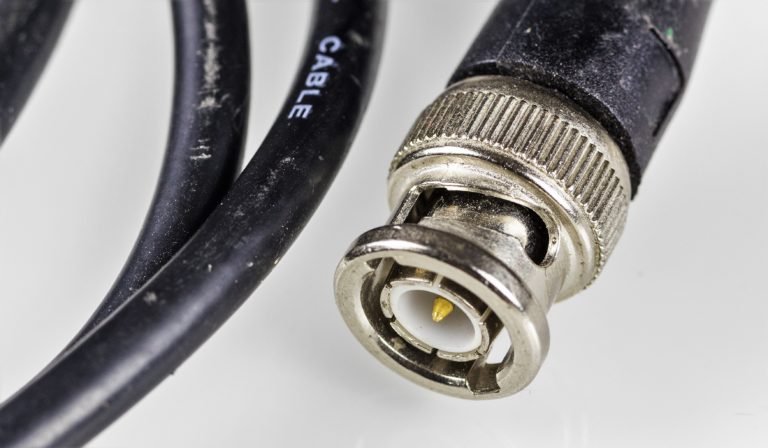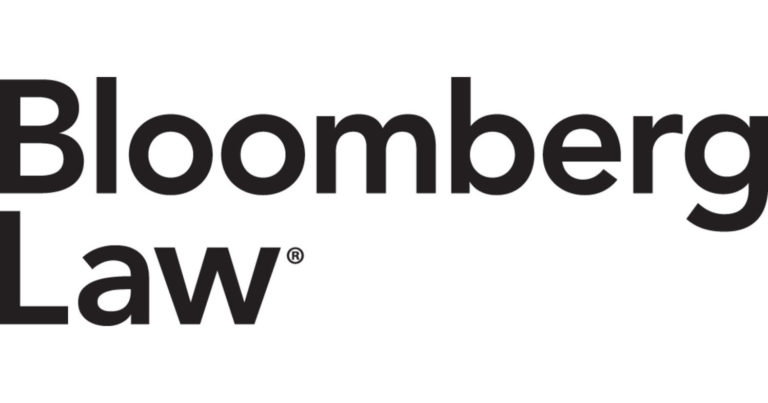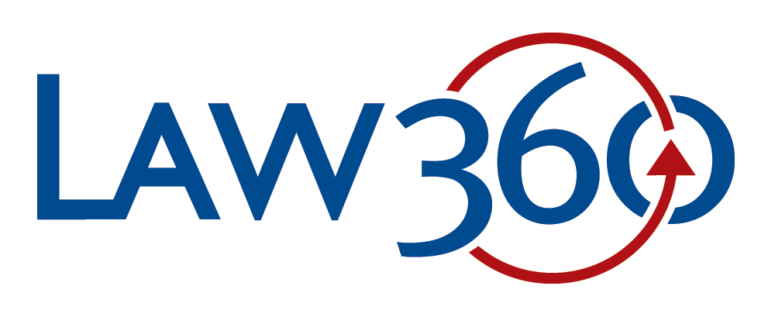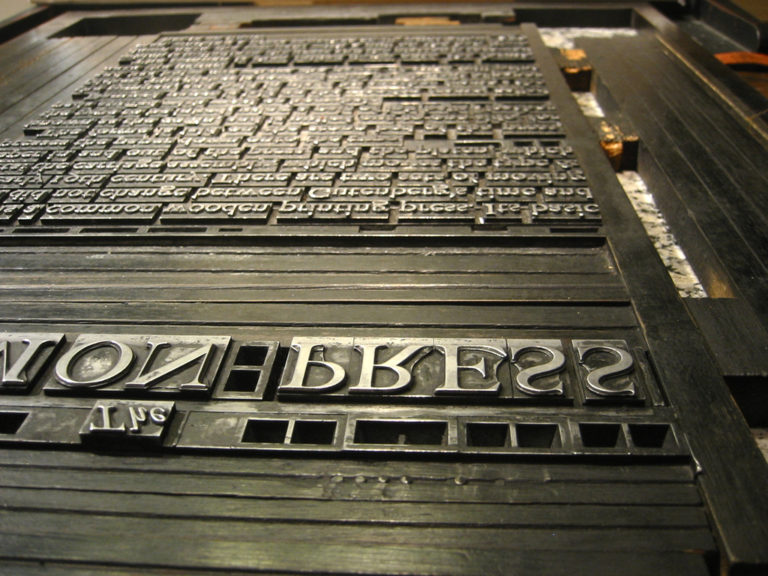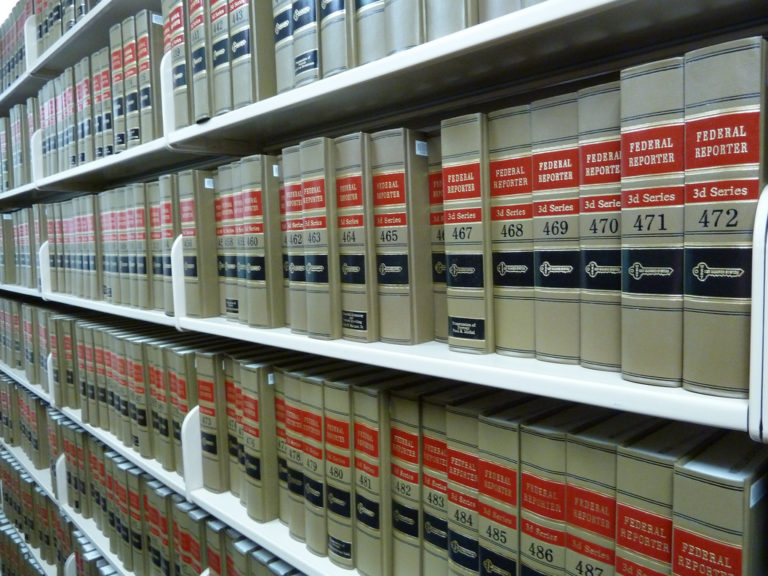CEI Appeals Unlawful Conditions FCC Imposed on Cable Provider Merger
The Competitive Enterprise Institute (now also represented by Hamilton Lincoln Law Institute) and four individuals – John France, Daniel Frank, Jean-Claude Gruffat, and Charles Haywood – filed an appeal today with the United States Court of Appeals for the District of Columbia Circuit, seeking to overturn unlawful conditions imposed by the Federal Communications Commission (FCC) on a merger between three major U.S. cable companies. In 2015, Charter, Time Warner Cable, and Bright House…

